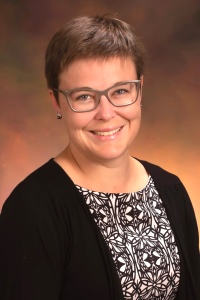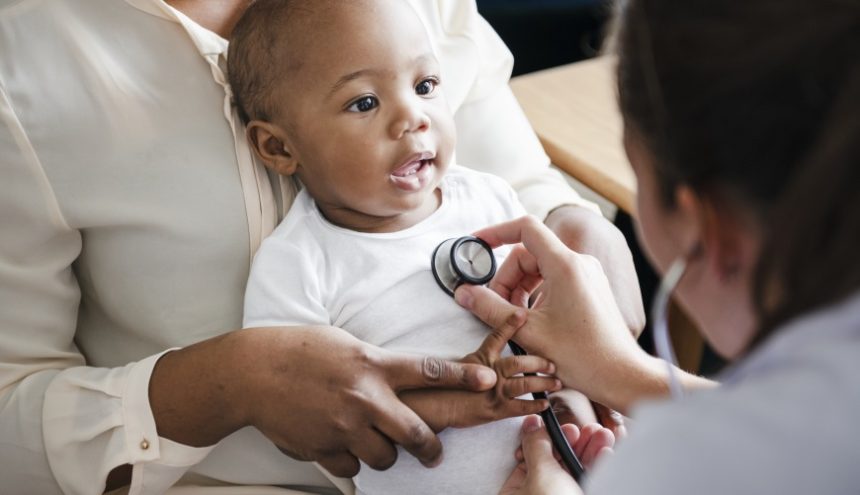 By Claire Fletcher, M.D, Family Medicine with Obstetrics
By Claire Fletcher, M.D, Family Medicine with Obstetrics
A tale as old as time: wintertime is when people tend to catch viruses. Not that you can’t catch a virus in the summer; it’s just easier in the winter. The cold, dry air makes us more susceptible to infection. Viruses are more stable at low temperatures and in low light. As the weather gets colder and people stay indoors, germs can concentrate more easily and spread between people. It’s the perfect storm of conditions.
One of the more troublesome “winter” viruses, especially for children, is respiratory syncytial virus (RSV). Although it usually looks like a common cold, in some kids, RSV can cause pneumonia. It can also cause a condition called “bronchiolitis” (bron-kee-o-LIE-tis), which causes the small airways in the lungs to get inflamed. This can quickly turn dangerous if the kid can’t get enough oxygen.
The typical RSV season is from November to March. Kids who were born prematurely, less than 1-year-old, or have underlying health problems are at exceptionally high risk of needing to be hospitalized.
How do you prevent RSV?
The best way to avoid getting sick is not to catch the virus in the first place. Keep in mind that one of the fastest ways for germs to spread from person to person is by mouth. RSV can be spread by coughing, sharing food, utensils, cups, or food, and touching objects that the sick person has touched. It’s good to wear a mask if you are coughing or have been exposed to someone recently ill. Handwashing is extra-important. If you are sick, avoid visiting with vulnerable people (or anybody!), especially children, until you are well.
Treatments for RSV (Antibiotics Don’t Work on Viruses)
Unfortunately, since RSV is a virus, we can’t treat it with antibiotics. The best treatment we have is “supportive care.” At home, this means keeping your sick child home from school or daycare, hydrating them with water and some juice or sports drink, and keeping them warm. You can gently suction out your baby’s nose if it’s stuffy. Vick’s Vapo-Rub can help with a cough. You can also use a humidifier (just make sure it’s clean first).
When do I need to bring my child to the doctor for RSV?
You don’t need to bring them to the clinic to get them tested for RSV. However, if you think they look very sick or they aren’t able to drink much, call your doctor’s office to see if they need to be evaluated. You should also bring babies under 60 days old who are running a fever over 100.3 degrees to the doctor right away.
Kids can return to daycare when they have no fever and can eat and drink without problems.
Stay safe, everyone!


